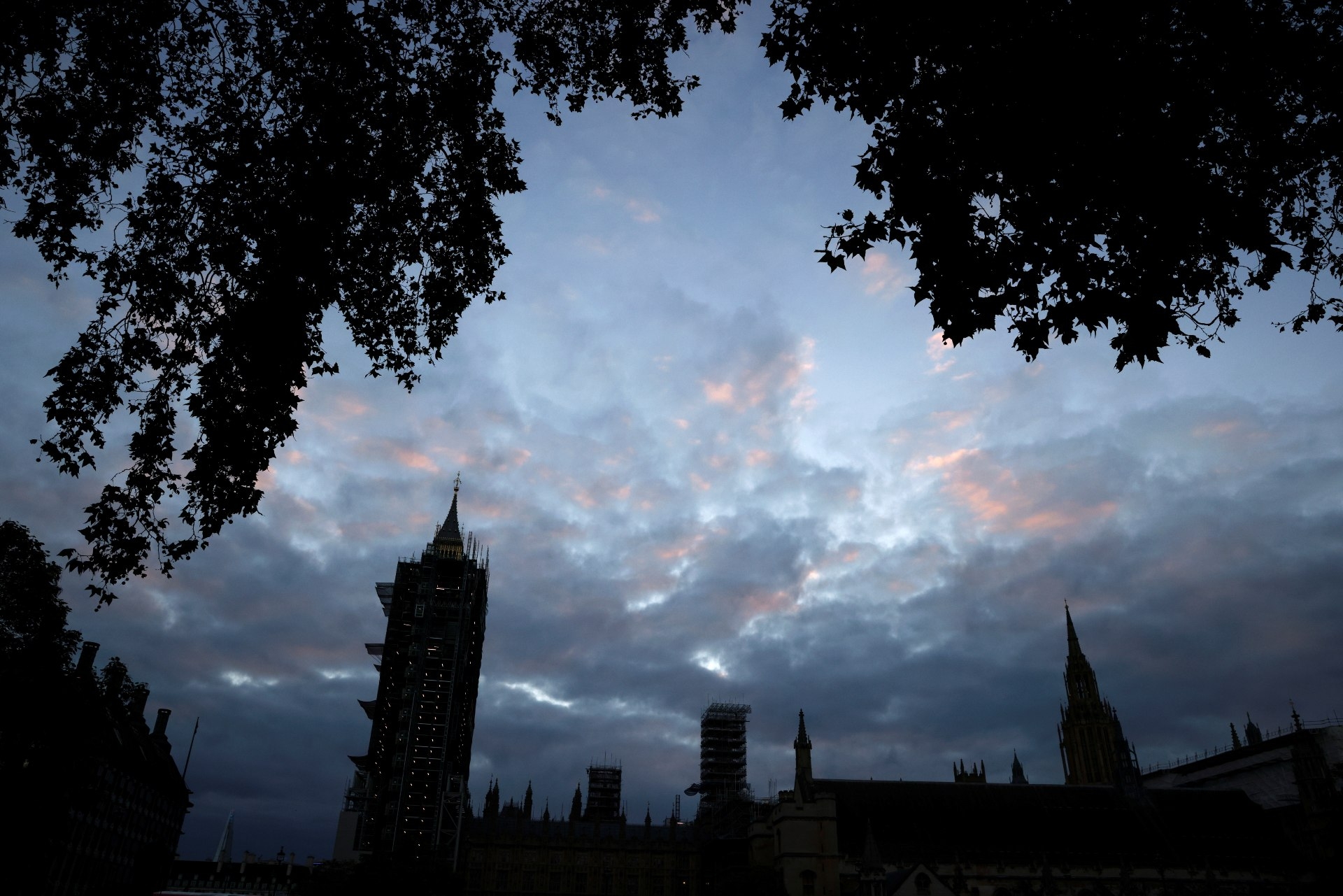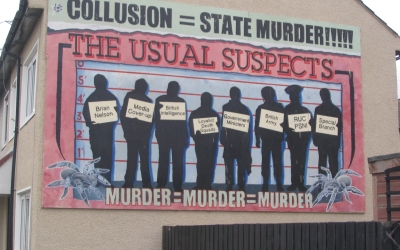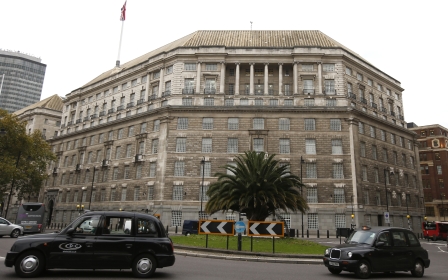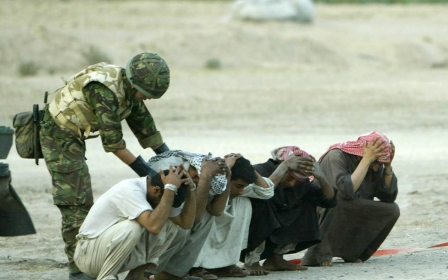UK bill shielding soldiers from prosecution slammed by parliamentary committee

A proposed new law that would shield British soldiers from prosecution for murder or torture has come under fierce criticism from the UK parliament's human rights committee.
The Overseas Operations Bill - which was drawn up following a series of investigations into human rights abuses in Iraq and Afghanistan - will damage the reputation of the United Kingdom and its armed forces, the committee warned.
Even before the bill has become law, there is evidence that such damage has already been inflicted, the Joint Committee on Human Rights said.

The cross-party committee issued a unanimous appeal to the government to scrap several key clauses in the bill.
However, a number of its members fear that Prime Minister Boris Johnson's government, with its large majority of seats in the House of Commons, may choose to press ahead with the controversial new law.
Human rights groups and former soldiers have already spoken out against the bill, which proposes to protect service personnel from being prosecuted for almost any crime committed outside the UK more than five years earlier, except in exceptional circumstances.
The country's most senior ex-soldier, Charles Guthrie, a former field marshal, has warned that the bill "provides room for a de facto decriminalisation of torture" and that its provisions "would be a stain on Britain's standing in the world".
The government claims the bill is intended to protect former and current soldiers and from "vexatious" claims being brought through the civil courts.
Its critics point out that civil claims - vexatious or otherwise - are brought against the UK’s Ministry of Defence (MoD) and government ministers, and not against individual service personnel.
Minister's approach 'unacceptable'
The human rights committee reported that when giving evidence, Johnny Mercer, the junior defence minister who is steering the bill through parliament, was unable to identify a case that he thought should have been struck out as vexatious. Nor could the MoD staff and lawyers who gave evidence.
'The evidence indicates overwhelmingly that investigations into incidents have been inadequate, insufficiently resourced, insufficiently independent and not done in a timely manner to gather adequate evidence'
- Joint Committee on Human Rights
The committee reported that when asked about "vexatious claims", Mercer "seemed not to understand the question or not to want to answer the question".
The bill would, however, protect some soldiers from prosecution for serious crimes committed while serving outside the UK.
Rape and other sexual offences are exempt from the provisions of the bill, but murder, torture and war crimes are not.
When giving evidence, Mercer declined to confirm that he believed members of the UK's armed forces should be prosecuted for war crimes, crimes against humanity, genocide or torture when prosecutors had concluded there was sufficient evidence.
This, the committee concluded, was "unacceptable".
A number of former British soldiers have faced repeated investigations over several years since the 2003 invasion of Iraq. The human rights committee concluded that while investigations have exposed serious wrongdoing, they needed to be better funded and more independent.
"The evidence indicates overwhelmingly that investigations into incidents have been inadequate, insufficiently resourced, insufficiently independent and not done in a timely manner to gather adequate evidence," the committee reported.
"This has resulted in repeated investigations to try to remedy the flaws of previous investigations. This creates stress and uncertainty for both those accused of wrongdoing and for victims.
"It also impedes justice as cases cannot be brought or resolved."
Middle East Eye delivers independent and unrivalled coverage and analysis of the Middle East, North Africa and beyond. To learn more about republishing this content and the associated fees, please fill out this form. More about MEE can be found here.




